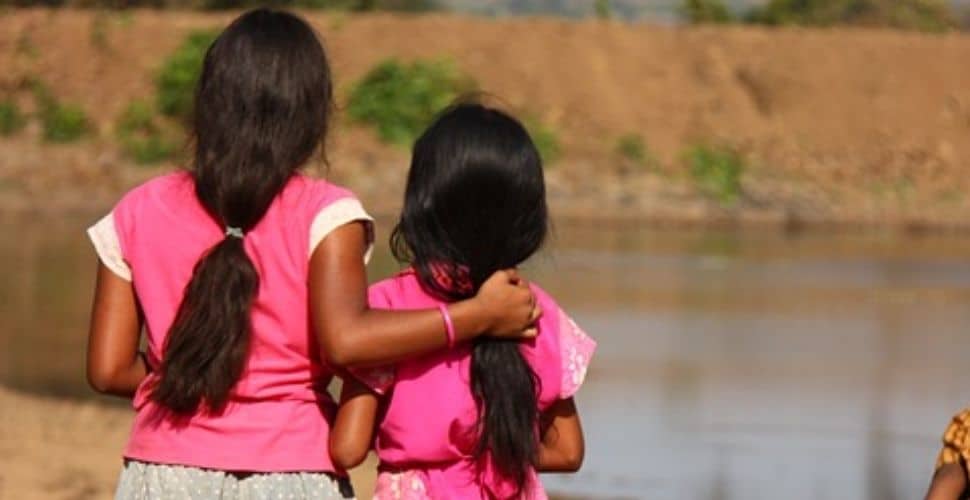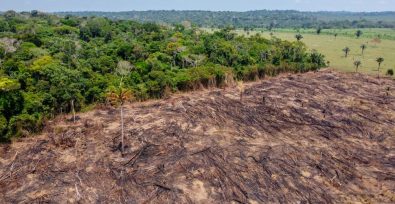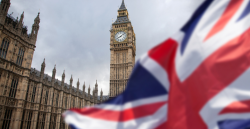More than a decade into the conflict between Boko Haram and the Nigerian government, survivors of the extremist group’s brutal abuses—including forced marriage and human trafficking—are still being failed by the state, according to new survivor testimony gathered by Amnesty International.
Girls and young women are still being neglected by government authorities after escaping Boko Haram captivity in north-east Nigeria. This is happening despite promises made following the 2024 release of Amnesty’s landmark report Help us build our lives. Isa Sanusi, Director of Amnesty International Nigeria said:
“One year later, it is unacceptable that the Nigerian authorities still cannot ensure these girls and young women are able to rebuild their lives in safety.”
A legacy of abuse: forced marriage and trafficking
Boko Haram, an Islamist militant group whose name loosely translates to “Western education is forbidden,” began its insurgency in Nigeria in 2009. Since then, the group has waged a campaign of terror, targeting civilians, kidnapping schoolgirls, and forcibly marrying them to fighters. These forced unions, often involving children, are not only violations of international human rights law—they are clear instances of human trafficking.
Seven of eight survivors that Amnesty spoke to in early 2025 were between the ages of 12 and 17 that were forcibly married to Boko Haram members. One was a 22-year-old woman who was abducted and married off as a child. None received tailored reintegration services or access to counselling, education, or vocational training.
“Victims of Boko Haram abuses, including forced marriage and trafficking, are still not being identified and helped,” Sanusi said. “Girl survivors are still overwhelmingly invisible to the government authorities.”
“We need support for shelter and food”
The testimonies reveal a stark gap between international commitments and on-the-ground realities. Several survivors described escaping captivity only to face hunger, homelessness, and complete abandonment by the authorities.
LC*, 17, said she was first forcibly married at age seven or eight. After losing two children to starvation while hiding in the bush, she escaped in 2024 but has received no support:
“I didn’t receive anything from the government,” she said. “I don’t even know if there’s a program to help us.”
Thirteen-year-old AN* was caught and physically abused by Boko Haram when she and her group said first tried to escape. After finally fleeing, she was left to survive without shelter or food.
GP*, also 13, was imprisoned briefly after her escape before being reunited with her mother by chance in a camp.
“[We receive] no support from anybody since we came out of the bush,” she said. “We go to the bush, get some firewood and sell it.”
Government inaction and international law
Nigeria is a signatory to several international agreements, including the UN Convention on the Rights of the Child, the African Children’s Charter, and the Maputo Protocol, all of which obligate the state to protect girls from early and forced marriage and provide support for victims of armed conflict.
The Nigerian government rarely follows the 2022 protocol between the Nigerian government and the United Nations, Amnesty’s reports. The protocol outlines how to transfer child survivors from military to civilian care. Girls who do escape Boko Haram are questioned by soldiers and then left on their own in most cases.
A call for urgent action
As Boko Haram steps up attacks once again in the region, the cycle of displacement, exploitation, and forced marriages threatens to continue—unless Nigeria acts decisively to protect and support its most vulnerable citizens.
Freedom United is calling on the Nigerian government to not only take immediate and concrete steps to support survivors but also to make good on their promise to end this cycle of abuse and exploitation.
“These girls and young women must be empowered,” Sanusi urged. “Their reintegration into society should start the moment they escape captivity—not months or years later, and certainly not never.”







Freedom United is interested in hearing from our community and welcomes relevant, informed comments, advice, and insights that advance the conversation around our campaigns and advocacy. We value inclusivity and respect within our community. To be approved, your comments should be civil.
I can’t understand why governments are so lazy when it comes to helping people who only need a little attention and a little money. Governments are supposed to be the means to distribute a country’s resources so that those who most need them can get them. If I were them, shame if not pity would drive me to provide the help these girls need after so much suffering.
I can’t understand this laziness by the government, who surely have the money and the means to help these girls after so much suffering. If I were in their place, shame if not pity would push me into action.
Nigeria should follow the example of Burkino Faso and Niger